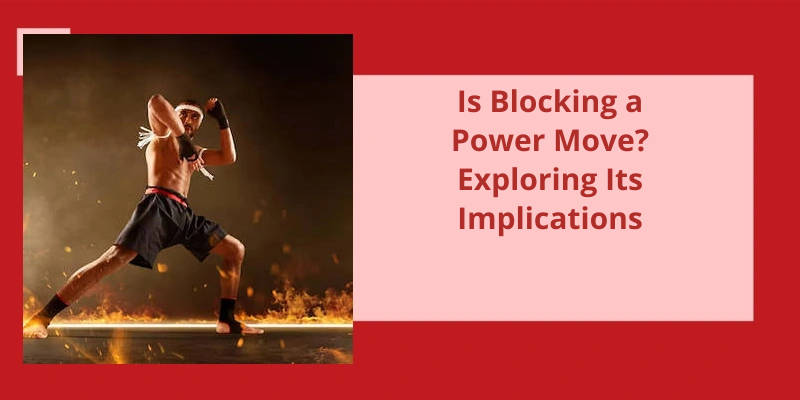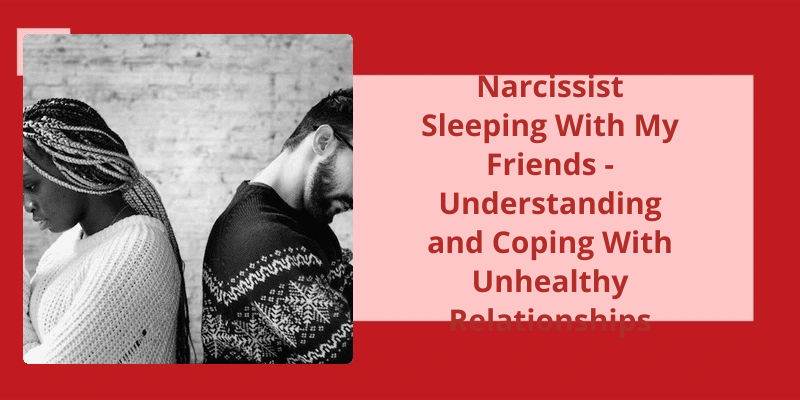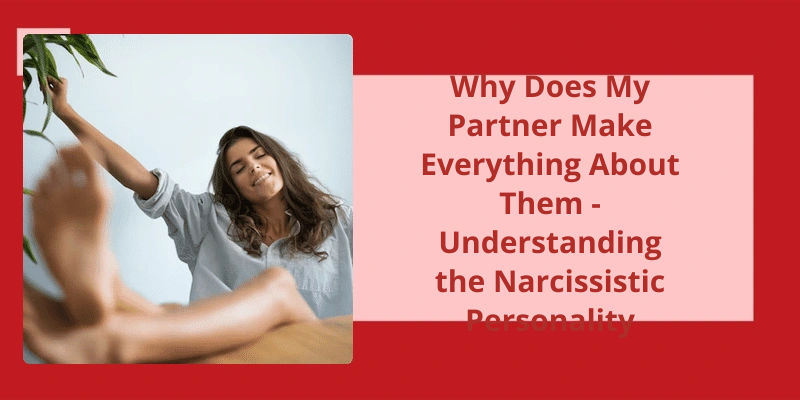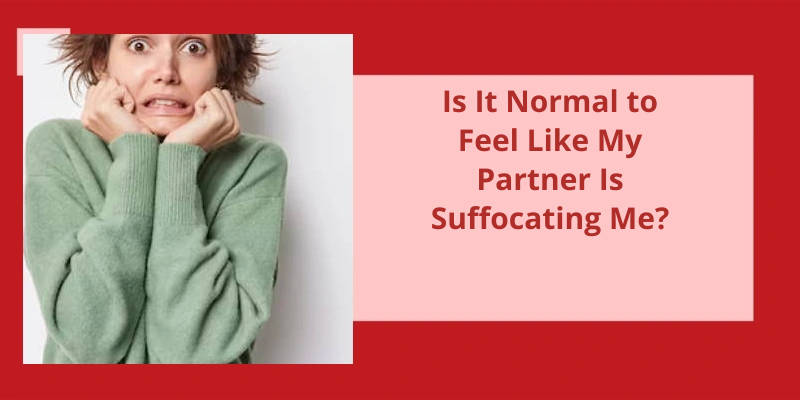Is blocking a power move? Exploring it’s implications delves into the complex dynamics of impeding someone's access or presence in our digital lives. Blocking an individual can create a sense of empowerment, giving us a temporary relief from their perceived nuisance. It may feel like the ultimate solution, a definitive cutoff point. However, beneath this façade of power lies crucial areas that warrant examination. How does blocking influence relationships, communication, and personal growth? What’re the ramifications of utilizing this digital defense mechanism? This exploration unravels the layers of power dynamics inherent in blocking, shedding light on it’s underlying implications.
Why Blocking Is a Power Move?
Blocking is a power move because it puts the person being blocked in a position of insignificance. By blocking someone, you’re essentially saying that they aren’t worth your time or attention. It sends a clear message that their presence in your life is unwanted and unnecessary. This act of blocking can be a way to regain control and assert your power over the situation.
Moreover, blocking someone is a form of self-protection. It allows you to create boundaries and shield yourself from any potential harm that the person may cause. It’s a way of safeguarding your emotional well-being and maintaining a level of control over your own life.
Blocking can also be a strategic move in situations where maintaining distance is necessary.
It sends a clear message to the person being blocked that their presence in your life is unwanted and insignificant.
Personal Stories and Experiences With Blocking: Share Personal Anecdotes or Interviews From Individuals Who Have Blocked Others, Discussing Their Motivations, Experiences, and the Outcomes of Their Actions.
- One person shared how blocking someone helped them maintain their mental health and focus on positivity.
- An interviewee mentioned how blocking toxic individuals allowed them to establish stronger boundaries in their relationships.
- A personal story highlighted how blocking a former friend led to personal growth and the ability to move on from a toxic friendship.
- Another individual described the relief they felt after blocking someone who was constantly sending them abusive messages.
- An interviewee shared how blocking someone on social media helped them create a more peaceful and drama-free online environment.
- A personal anecdote discussed how blocking a manipulative ex-partner allowed the individual to heal and regain their self-confidence.
- One person explained how blocking someone who constantly spread misinformation helped them maintain factual accuracy in their online interactions.
- An interviewee shared their experience of blocking a cyberbully, highlighting the positive impact it had on their mental well-being.
- A personal story described the freedom and liberation felt after blocking someone who was constantly belittling and criticizing their achievements.
- Another individual shared how blocking a family member who was unsupportive helped them preserve their own emotional well-being.
Now let’s explore the motivations behind blocking and unblocking and the potential impact it can have on individuals and relationships.
Is Blocking and Unblocking Manipulative?
Blocking and unblocking can indeed be viewed as manipulative tactics in certain situations. When someone deliberately blocks another person, it’s a calculated move intended to convey a message of power and control. By cutting off communication and preventing any form of contact, the blocker hopes to create a sense of longing and curiosity in the blockee. They want the blockee to constantly wonder why they were blocked and to keep them on their mind.
By repeatedly blocking and unblocking someone, the blocker is effectively playing with their emotions and causing psychological distress. This constant back-and-forth can be emotionally draining and deeply unsettling for the blockee. It creates a sense of uncertainty and instability in the relationship, making the blockee question their worth and constantly seek validation and attention.
To protect your mental well-being, it’s crucial to put a stop to these attempts to gain your attention and manipulate your thoughts. Recognize that you’ve the power to control the narrative and choose not to engage in the blockees games. Focus on your own self-worth and prioritize your emotional health over their attempts to stay relevant in your mind.
Setting clear boundaries is essential in these situations. Communicate your expectations to the blockee, making it clear that their behavior isn’t acceptable. It may be necessary to cut off all contact with them completely, even if that means blocking them permanently. Remember, you’ve the right to remove toxic influences from your life and surround yourself with healthy relationships.
They can be emotionally abusive when allowed to continue, as they play with the blockees emotions and cause distress. Take charge of your own well-being and refuse to engage in these power games. Set boundaries, communicate your expectations, and prioritize your mental health.
The Impact of Blocking and Unblocking on Mental Health
The impact of blocking and unblocking on mental health can vary depending on the individual and the specific circumstances surrounding the decision. In some cases, blocking someone who’s causing distress or harm can have a positive effect on mental well-being by removing negative influences and creating boundaries. It can provide a sense of control and create a safer online environment.
However, blocking can also have negative effects, particularly if it leads to isolation and social disconnection. It may cause feelings of guilt, anxiety, or fear of missing out (FOMO). Unblocking, on the other hand, can bring relief or closure, but it can also reintroduce negative influences or trigger emotional disturbances.
Ultimately, it’s essential to consider the motivation behind blocking or unblocking someone and to prioritize one’s own mental health and well-being when making these decisions. Seeking support from friends, family, or mental health professionals can also be beneficial in navigating these complex situations.
Conclusion
However, it’s essential to recognize that blocking serves as a dead end, a final cut-off point, with limited long-term benefits. While it may make you feel like you’ve found the ultimate solution, it’s important to consider the broader implications and consequences. Blocking can hinder communication, impede reconciliation, and perpetuate a cycle of avoidance and isolation. It’s crucial to find alternative methods of addressing conflicts and engaging in healthy communication to truly resolve issues effectively.






